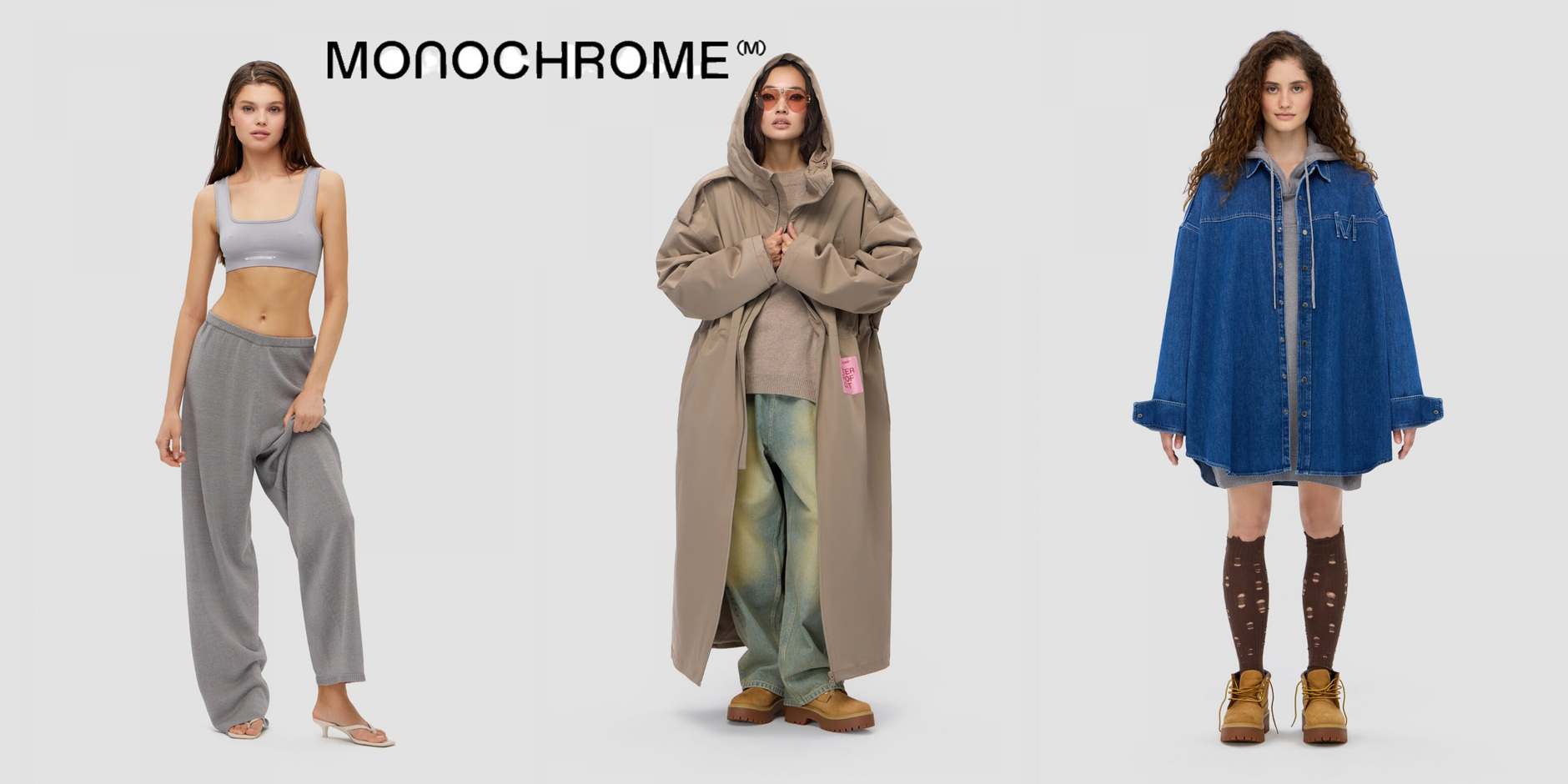Ethics in Fashion: Why Transparency and Social Responsibility are important for modern business
Fashion is not only a style and aesthetics, but also a powerful tool for influencing public consciousness. In recent years, there has been a growing interest in the ethical aspects of the fashion industry. Transparency and social responsibility are becoming integral parts of the business strategies of modern brands. In this article, we will look at why these aspects are important for business success and give examples of Russian brands that actively implement them.

Transparency in business implies the openness of the company in relation to its processes, sources of raw materials and working conditions of employees. In the context of globalization, consumers are becoming more aware and demanding. They want to know where things come from, in which factories they are sewn, what materials they are made of, and what consequences their choice has for the environment and society.
For example, the Russian clothing brand Petrichor is actively working to increase transparency in production processes. Their clothing collection is made entirely of natural fabrics: bamboo, hemp, organic cotton, nettle, wool. Instead of packaging, they use natural cotton bags, thereby showing that they care about the environment. In addition, they use only natural threads, buttons and ribbons. This helps create trust among consumers and sets the brand apart from competitors who cannot or do not want to disclose such information.

Social responsibility is also important in the fashion industry. It includes a wide range of actions aimed at improving people's living conditions and protecting the environment. Brands that take on this responsibility can not only enhance their reputation, but also attract loyal customers.
Thus, in 2020, the Russian brand Monochrome began cooperating with the Konstantin Khabensky Foundation, which helps children and adults under 25 with brain and spinal cord tumors. Since then, when you buy any red brand item, you participate in charity — a percentage of the sale goes to the needs of the foundation. Part of the proceeds from the sale of the collection is transferred to five foundations, the founders, trustees or friends of which are theater actors. In addition to the Konstantin Khabensky Charitable Foundation, these are "The Artist", "Life as a Miracle", "House with a Lighthouse" and "Bureau of Good Deeds".

Environmental issues are becoming more and more relevant in the fashion industry. Consumers are looking for brands that adopt sustainable practices such as recycling materials and using environmentally friendly fabrics.
For example, the Frencia brand was founded in 2019 by Russian designer Olga Kolkova, after her trip to Bali, when she saw the huge problems with plastic pollution in the ocean. Her company produces various types of clothing, including swimwear, T-shirts, fitness clothing and tracksuits. Most of the products are made from recycled plastic and nets that are collected from all over the world. The brand also makes T-shirts from excess milk, which are donated by local farmers and food brands.

Ethics in fashion is not just a trend, but a necessity for modern business. Transparency and social responsibility are becoming key factors in the success of the brand.
In the face of increasing competition in the fashion market, companies that ignore ethical aspects risk losing consumer loyalty. Therefore, it is important to remember that fashion is not only what we wear, but also how we produce it.
Do you want to keep up to date with the main events in the fashion industry and brand news?











